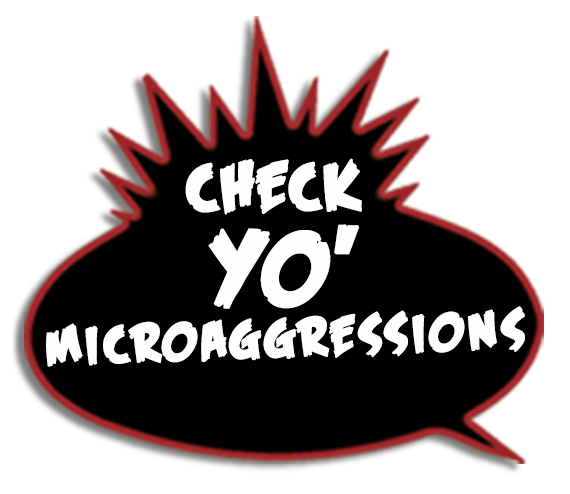Very simply, not all women want to have babies. Of those that do, not all want to discuss their timeline with you, no matter who you are. If this is your go-to conversation starter with women of a certain age, you need to ask yourself why you can’t think of anything else to ask them about their lives. Though men can get this question too, it has a much more direct negative effect on women. There are many ways this can be an insensitive and hurtful question, especially if the woman in question is dealing with infertility, a miscarriage, health issues, relationship issues, etc. But as a microaggression, it also underlines how society views women.
Women are paid 20% less than men for the same work. At those jobs, they are judged by impossible double standards and rated on their ability to be nurturing, warm, and conciliatory, not to mention their appearance. They are often overlooked by potential mentors, interrupted at higher rates, relegated to lower roles, and seldom make it to high level leadership positions. Women who choose to have children are often edged out of more competitive workplaces. Meanwhile, women are statistically assumed to be primary caregivers for children, as well as elders, creating the triple burden. Given the high level of stress that facing constant sexism incurs, it’s no wonder that women are at higher risk for anxiety and depression.
So what does this have to do with this seemingly innocent question? It points to the very harmful concept (see above) that women’s primary role in society is to have and care for children (the other primary role being to sexually please men, but we won’t get into that here). It narrows a woman’s entire identity and worth down to her reproductive function, and ignores the wide variety of other ways she might contribute to society or find meaning in life. The idea that women are first and foremost caregivers is why venture capitalists rarely fund women-led startups, and why Republican presidential candidates who were asked which American woman they would place on the $10 bill could only think of their mothers. It’s why society at large is still unable to see or treat men and women as equals or peers.
Not to mention, this is an incredibly personal, intrusive question. If a woman wants to share her thoughts on having or not having children with you, she will. Don’t assume it’s your right to ask.

